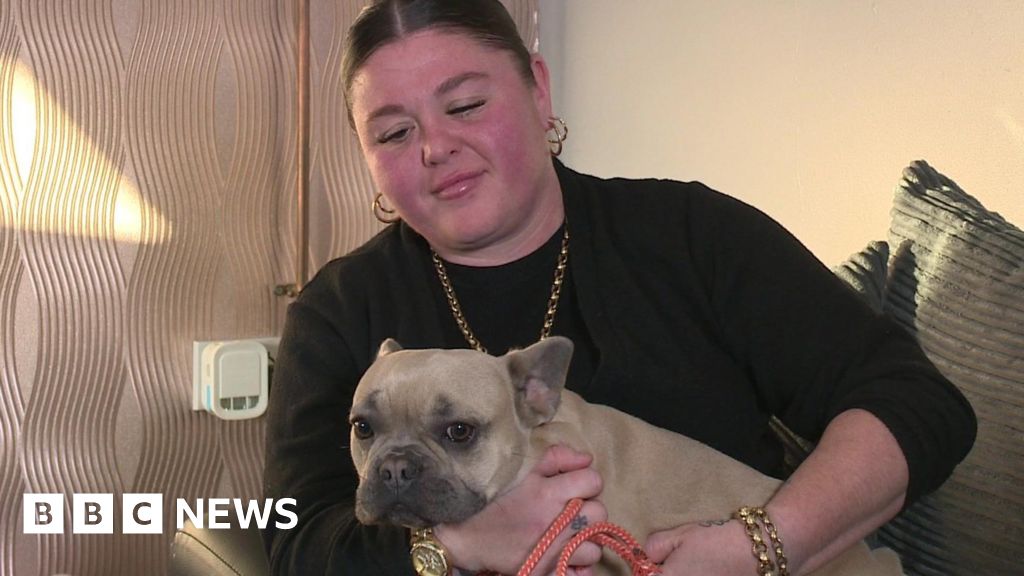
The latest headlines from our reporters across the US sent straight to your inbox each weekday
Your briefing on the latest headlines from across the US
Panera Bread will stop selling its Charged Lemonade, a highly caffeinated drink that has been blamed for deaths in at least two lawsuits.
In October, the family of Sarah Katz, a 21-year-old University of Pennsylvania student with a heart condition, filed a lawsuit claiming the woman died after consuming the beverage.
A second lawsuit was filed in December by the family of Dennis Brown of Florida. He had a chromosomal deficiency disorder and a developmental delay. He also died after drinking a Charged Lemonade, the lawsuit claimed.
Lauren Skerrit, a 28-year-old woman in Rhode Island, has also sued the company over the drink, saying it left her with "permanent cardiac injuries."
A Panera spokesperson announced on Tuesday that the drink would be discontinued as part of a "recent menu transformation."
“We listened to more than 30,000 guests about what they wanted from Panera, and are focusing next on the broad array of beverages we know our guests desire — ranging from exciting, on-trend flavors, to low sugar and low-caffeine options,” the spokesperson said, according to NBC News.
The drink was advertised as “Plant-based and Clean with as much caffeine as our Dark Roast coffee”.
However, a large-size version of the drink has more caffeine — 390mg — than any size of dark roast coffee on the menu.
For comparison, a can of Coke has 34mg of caffeine, an 8.4 oz Red Bull energy drink contains 77mg of caffeine, and a 20oz Cafe Blend Dark Roast Coffee from Panera has 268mg of caffeine.
According to the US Food and Drug Administration, healthy adults can generally safely consume 400mg of caffeine a day.
Katz's friend, Victoria Rose Conroy, told NBC News that she probably had no idea the lemonade contained nearly an entire day's worth of caffeine when she ordered the drink. She said Katz was "vigilant" about what she consumed because of her heart condition.
“I guarantee if Sarah had known how much caffeine this was, she never would have touched it with a 10-foot pole,” Ms Conroy told the broadcaster.
A Panera spokesperson told NBC News that following Katz’s death, disclosures about the drink were added in every restaurant.
“We were saddened to learn this week about the tragic passing of Sarah Katz. While our investigation is ongoing, out of an abundance of caution, we have enhanced our existing caffeine disclosure for these beverages at our bakery-cafes, on our website and on the Panera app,” a Panera spokesperson said in 2023.
While the company has expressed sympathy for the deaths associated with the lawsuits, the company maintains that their "unfortunate passing was not caused by one of the company's products."
It said it stood by the safety of the drinks. It has not commented on the third lawsuit from Ms Skerrit.
A pair of Panera employees who spoke to NBC News on the condition of anonymity shared memos from their managers stating that the drink would be phased out over the next two weeks.
Elizabeth Crawford, an attorney representing the plaintiffs in the lawsuits, praised the move as a "good step" for Panera.
“This is exactly what we set out to do, to some extent, is to make sure that this poison is taken off the shelves,” she told NBC News.
She said that while the move won't bring back the dead, it will "prevent this from happening to someone else".

 9 months ago
45
9 months ago
45








